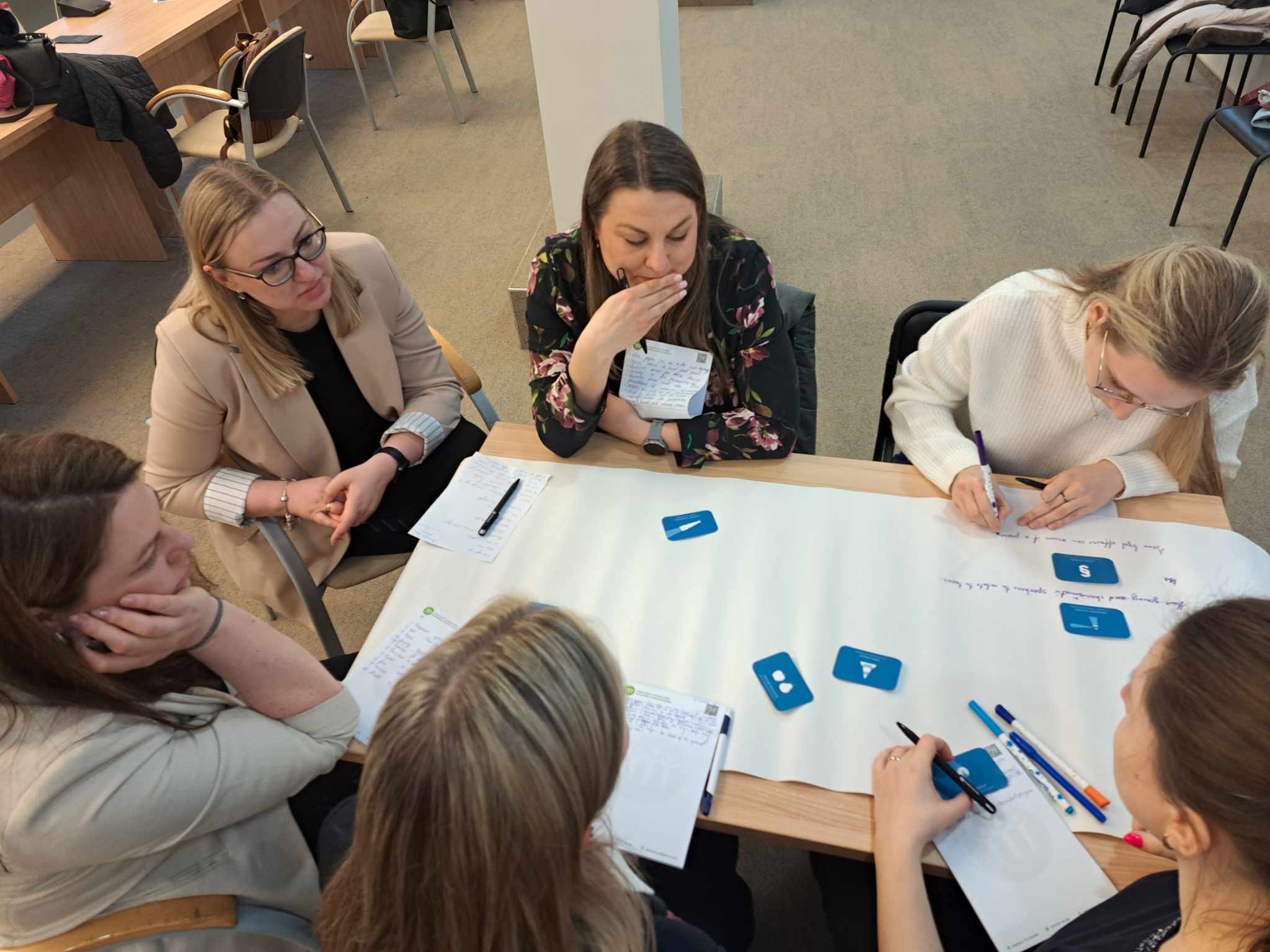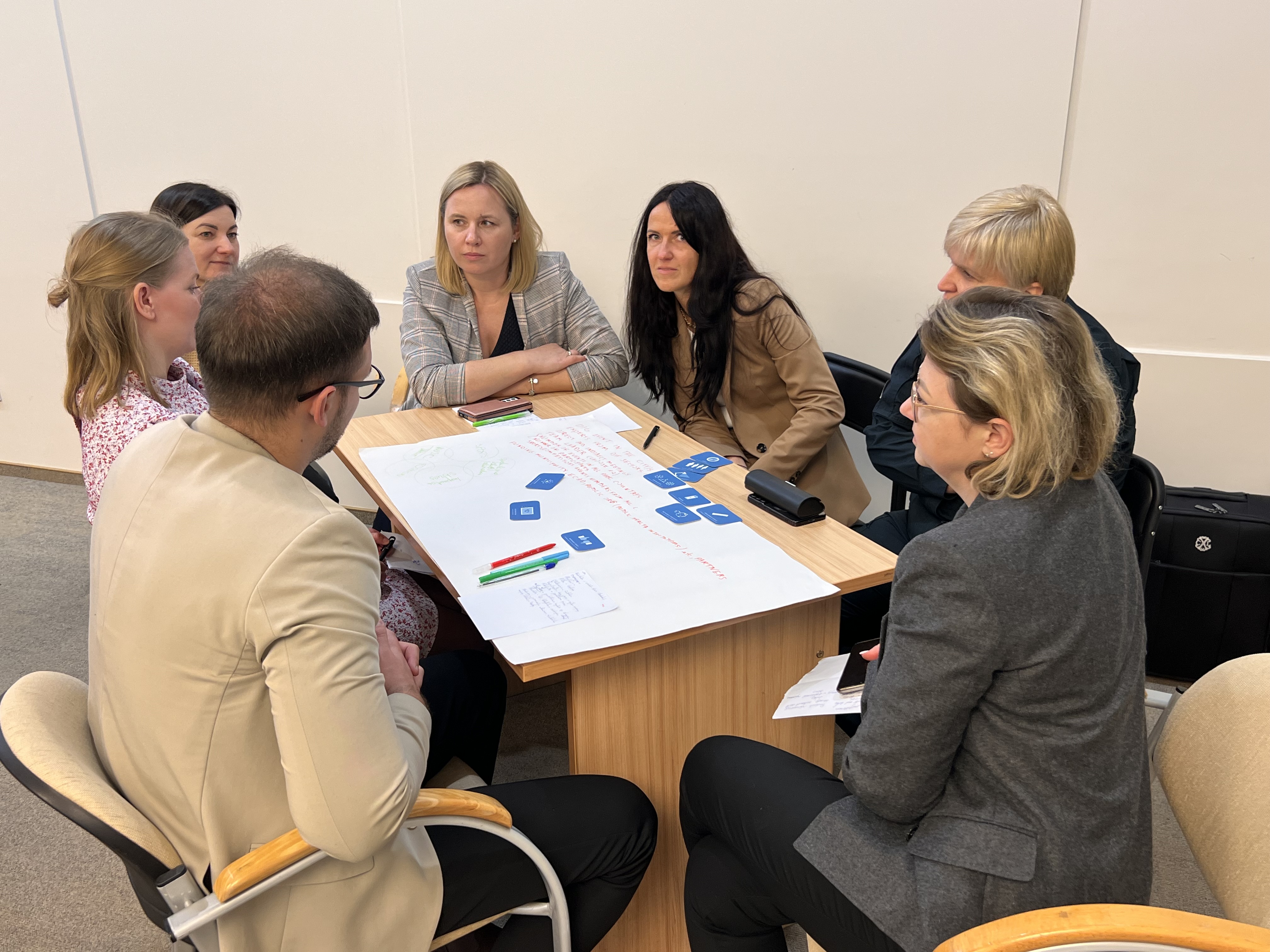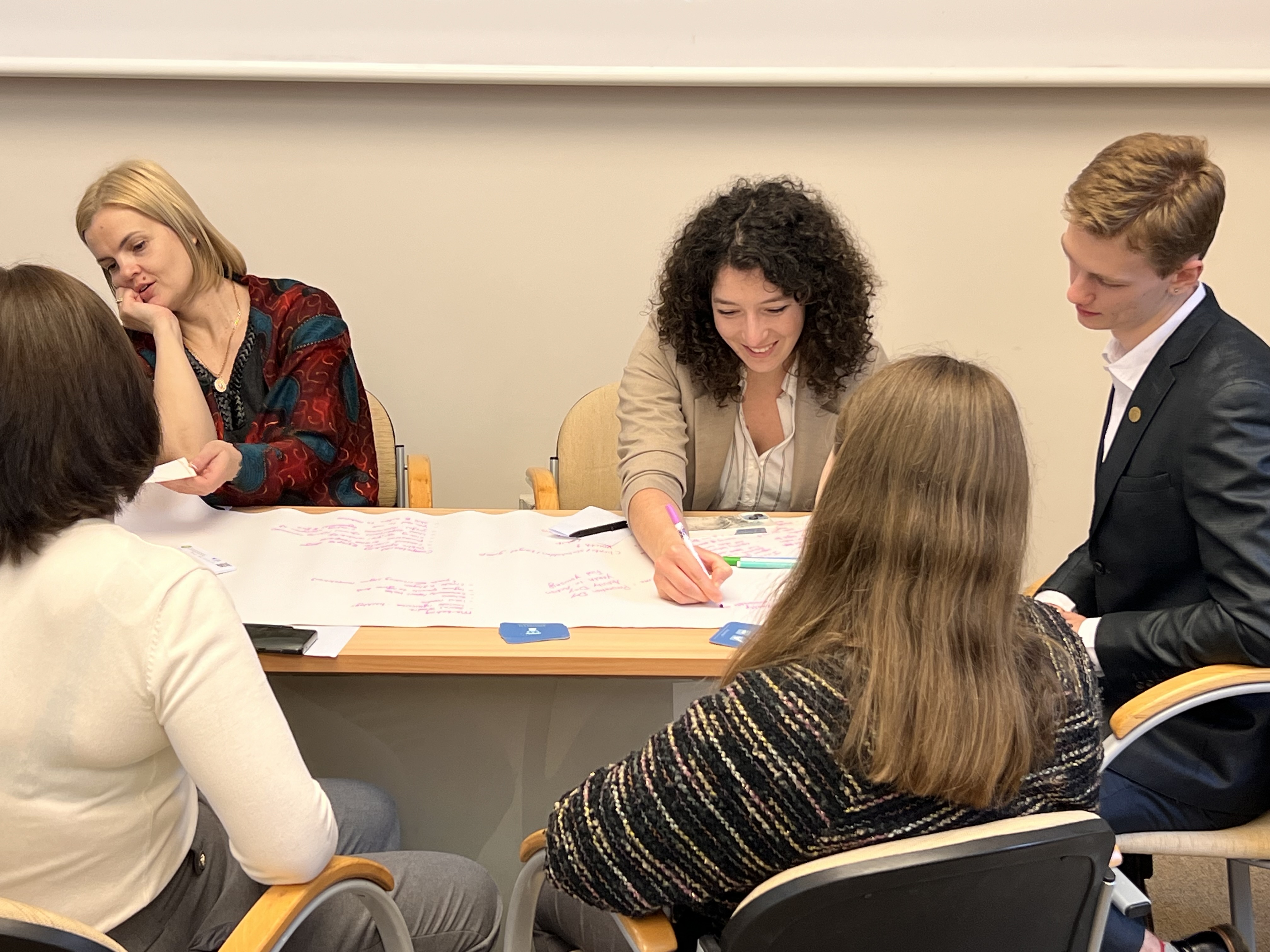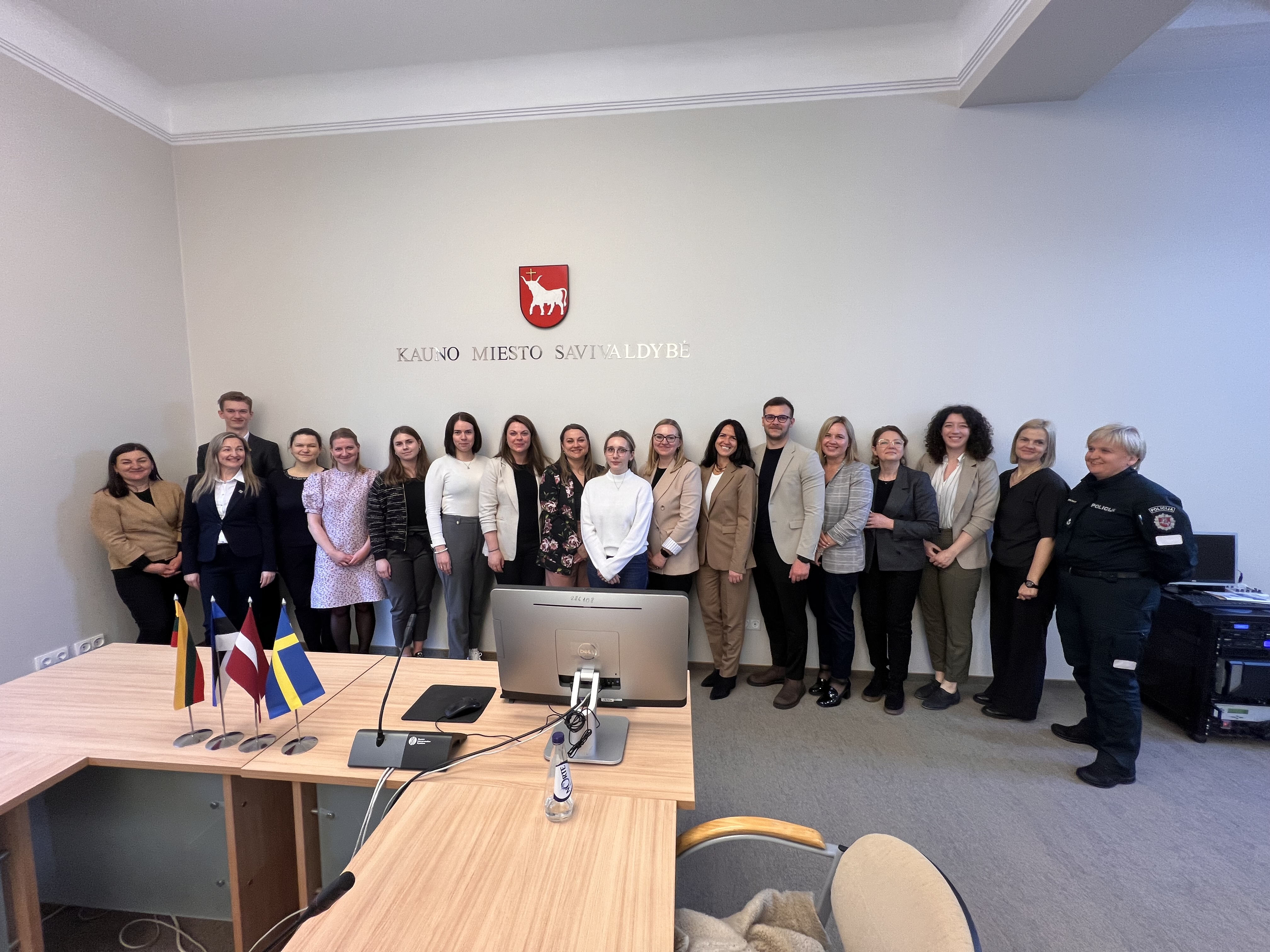- Details
- Category: News
- Published: 29 April 2024
The workshop is the first in a series of workshops as part of the project “Building Networks Promoting Health - Developing Substance Use Prevention Awareness Models in the Baltic Cities”. The project is a collaboration between Tallinn, Riga, Kaunas, and ECAD and is funded by the Swedish Institute. The project aims to strengthen capacities and develop a sustainable prevention awareness-raising concept for communities while building a Baltic & Swedish Network for Prevention. The project will include a total of three in-person workshops, 1 study visit, and implementation of the Prevention Days.
The workshop “Experts in Action” was opened by the Deputy Mayor of Kaunas, Mantas Jurgutis with the remarks that “there is a need for international expertise” to tackle substance use as the issue “is developing faster than the decision-making process”. He was followed by the Acting Secretary General of ECAD, Cressida de Witte, who highlighted the aims of the project, the importance of prevention, and the necessity of [international] collaboration, highlighting the micro- and macro-levels of prevention, the essence of youth engagement and input, as well as examples of international collaboration. After the opening speeches, the cities took the stage to present the challenges faced as well as the prevention efforts implemented.
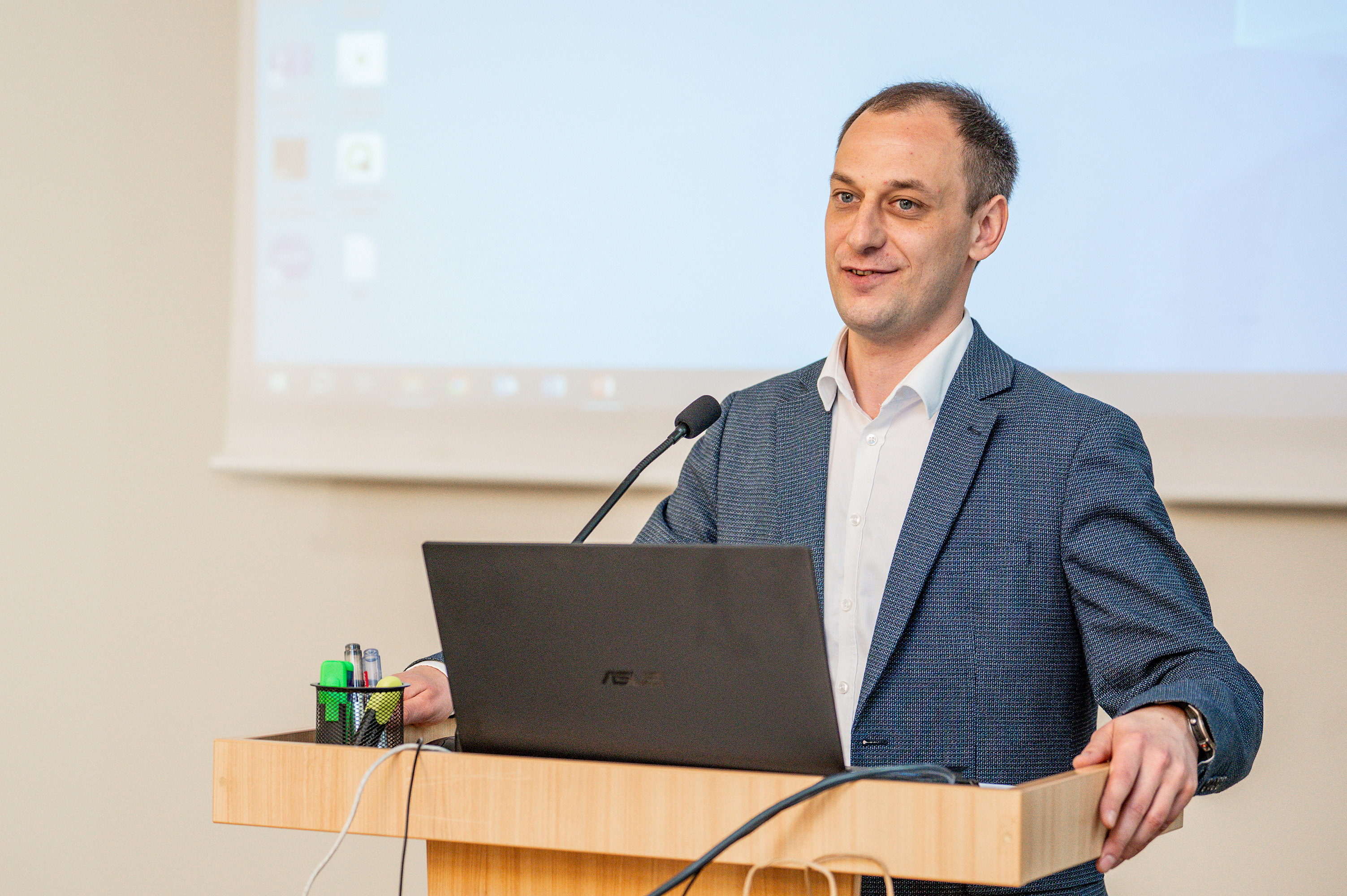
Deputy Mayor of Kaunas, Mantas Jurgutis
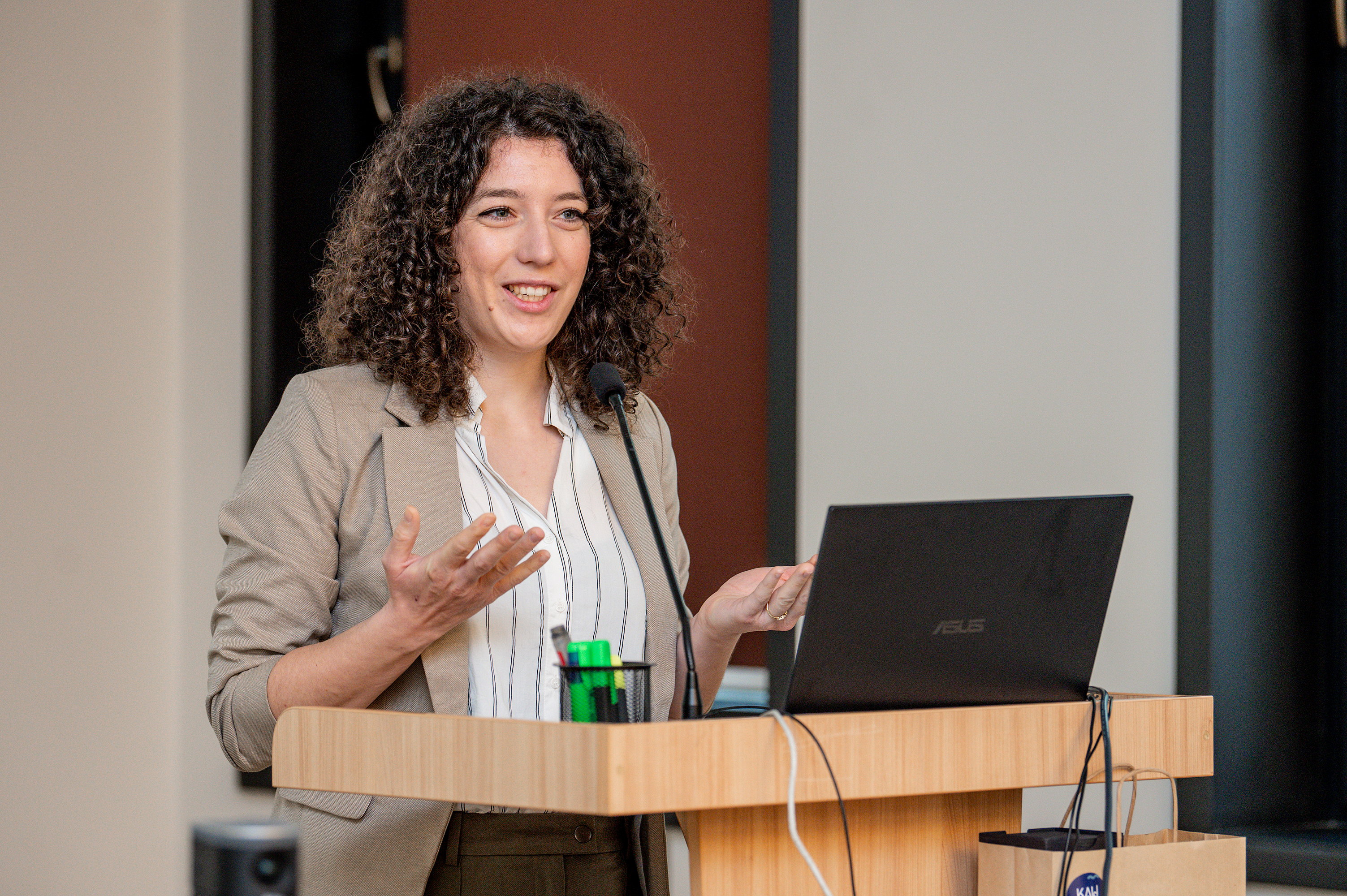
Cressida de Witte
First, Mindaugas Stelemekas, a member of the Kaunas City Municipality Community Health Council, presented the publications of the HBSC studies showcasing an increased number of e-cigarette users as well as cannabis. He shared that even though new laws have been imposed to reduce e-cigarettes by a ban on flavours, for example, due to a lack of enforcement restrictions are being ignored. Additionally, the fact that more and more countries are legalising cannabis use, the situation will become more challenging as a different message (of using the drug being safe) is being sent to the youth.
Second, Nikola Tilgale-Platace, Head of the Public Health Promotion and Prevention Division for Health Administration, and Katerina Ziga, Expert of the Public Health Promotion and Prevention Division of Health Administration, shared information on the governing structure of Riga and its main challenge with alcohol tourism and high substance use among youth until 17 years old. Tobacco addiction is most common, followed by technology addiction. Riga has joined various forms of collaboration to tackle the challenges and promote health while using different in-person and online methods for schools focusing on addiction prevention. Riga also offers an individual social rehabilitation programme with accommodation for individuals for whom other programmes do not work and do not have a family structure surrounding them. However, a main challenge within treatment and rehabilitation is the lack of motivation.
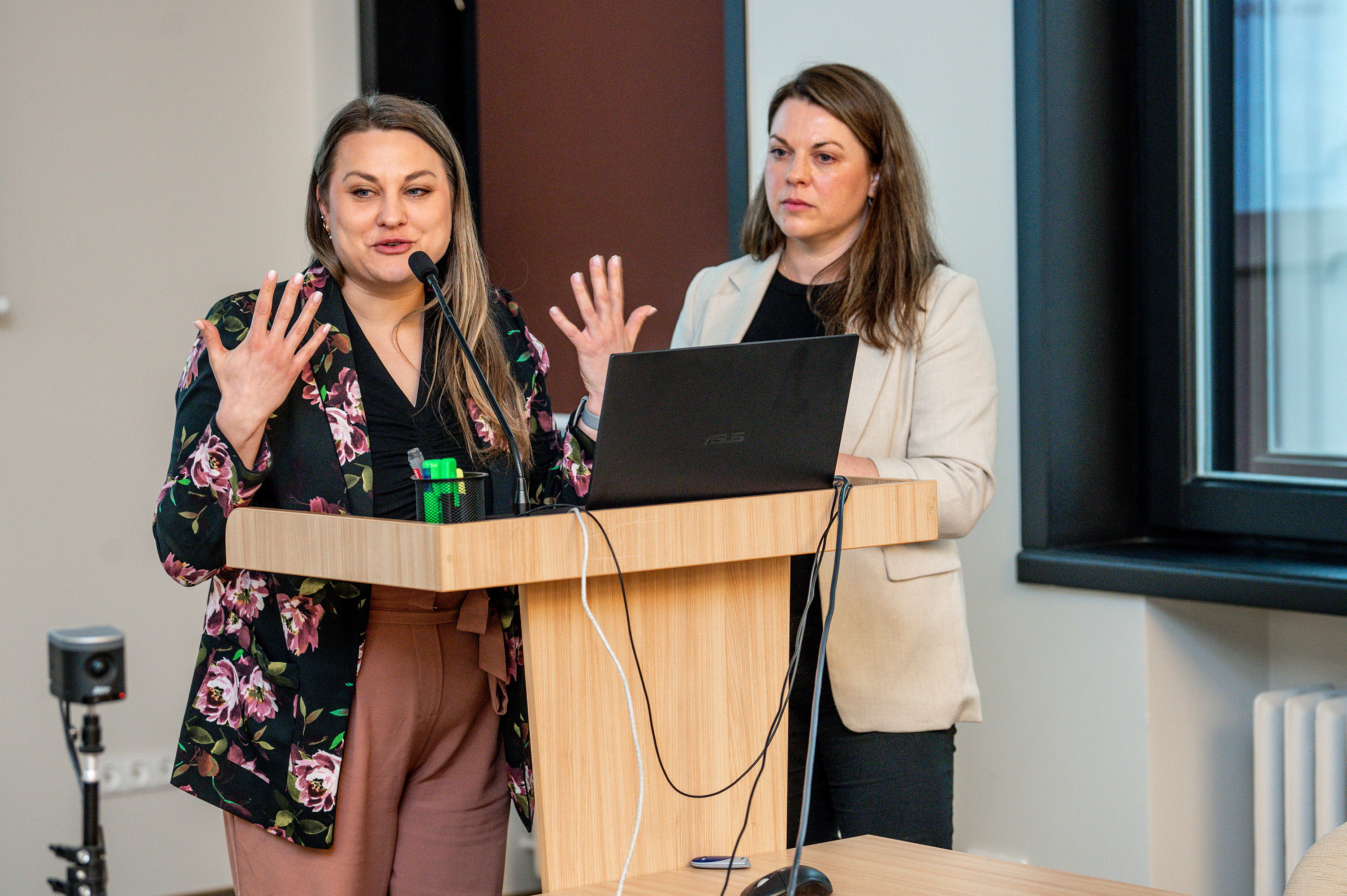
Nikola Tilgale-Platace (Left) and Katerina Ziga (Right)
Third, Marika Kookla, Leading Specialist of Tallinn Welfare and Health Care Department shared the need for early prevention and highlighted the experiences and outcomes of the Planet Youth Programme which was implemented in Tallinn in November 2022. The model uses research findings about individual and societal factors to establish prevention models. The first survey, conducted in 2023, had a response rate of 74 per cent from 53 out of 57 schools in Tallinn, targeting youth between 15 and 16 years old. From the challenges identified, including the high percentage of youth having been drunk in their lifetime and tobacco usage as well as the easy availability of cigarettes and substances, Tallinn established a plan building on the prevention model for 2024-2025. The three main focus areas include sleep and sleeping habits, cooperation between schools and homes, and educating adults on risk behaviour.
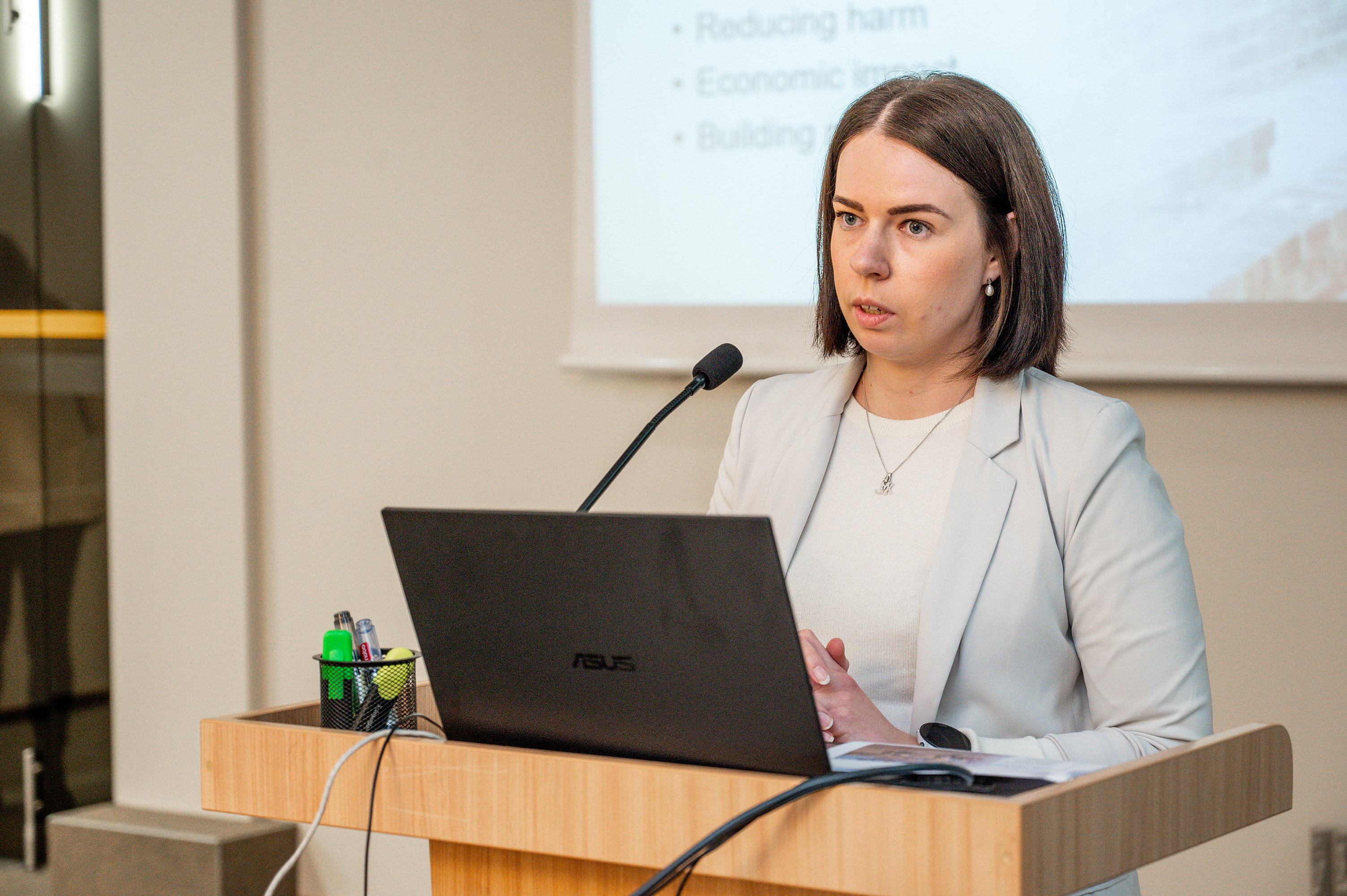
Marika Kookla
The afternoon of the workshop was dedicated to an interactive workshop, led by Liudas Svipas, Head of Vytautas Magnus University Training Programmes, to brainstorm and design a draft structure of the prevention day activities. These activities will be developed, with input from youth, for youth and society to raise awareness on prevention.
